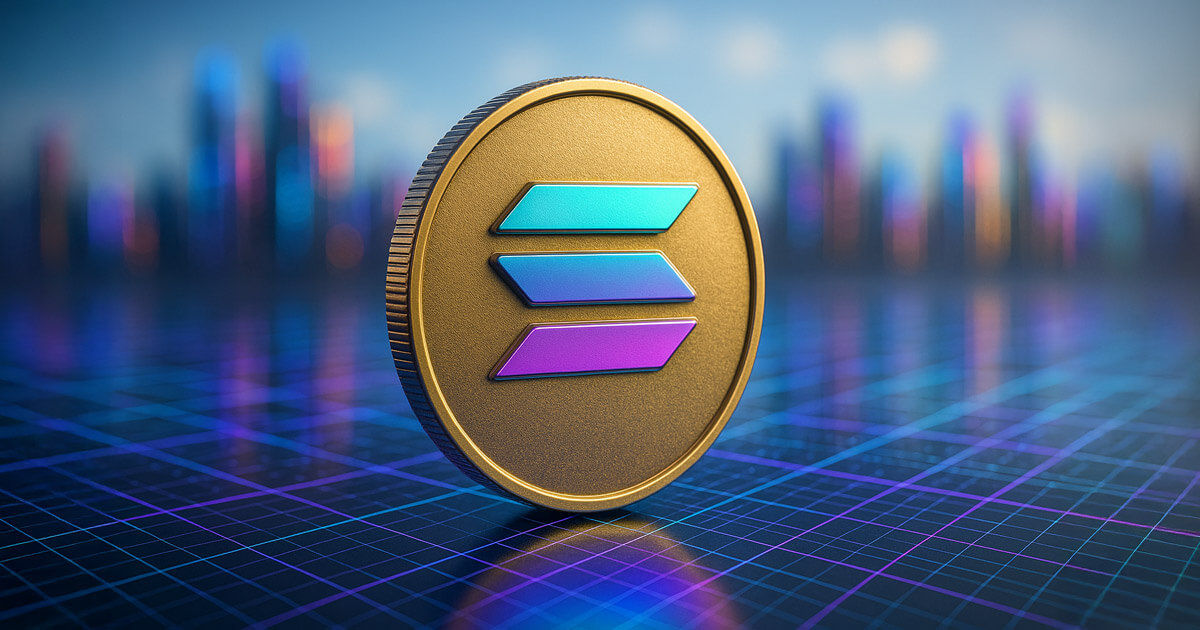Amid ongoing criticism of blockchain gaming and NFTs as money grabs, the Solana Foundation aims to reshape the narrative through events like its recent PlayGG in San Diego.
Solana Games GM Johnny Lee said PlayGG received great excitement, spotlighting various Solana titles to attract investors, media, and families without emphasizing crypto/NFTs. Games like Star Atlas, Aurory, and Alchemy were featured alongside the Esports group G2 Esports.
Lee stated PlayGG wasn’t marketed as Web3 but rather as “play good games.” Many developers now say “digital collectibles” instead of the polarizing “NFTs.” PlayGG games largely avoided pushing NFTs or tokens, unlike past play-to-earn titles. Many games don’t require any crypto or payment to play.
He said Solana Games wants titles that can compete with traditional games, not just blockchain games. The goal isn’t to just exceed other blockchain games but to match mainstream titles. Lee believes showcasing quality games illustrates Solana’s ability to provide unique experiences through blockchain technology.
In addition, Lee also stated that Solana Games believes Web3 titles must compete with all games, not just other blockchain games. He feels demonstrating quality games quickly is important to showcase Solana’s ability to deliver unique, engaging player experiences through blockchain technology.
To ensure Solana Gaming only supports promising games, Lee said developers must first present a game build for his team to playtest. Over 50 such games were featured at PlayGG. When developers approached Solana Games for any commercial support, Lee says they required a playtest that was publicly announced across the industry.
A common criticism of previous metaverse and blockchain games was low quality and high cost. Lee stated Solana Games is willing to sacrifice short-term profits to build long-term ecosystem value by ensuring quality game releases on Solana.
While optimistic about Solana Gaming’s future, Lee acknowledged past blockchain issues. However, he said the network is now stronger than ever and claimed it will easily support gaming transactions. Lee also cited optimism around the upcoming Firedancer validator client which may further stabilize Solana.
Despite past problems, Lee believes Solana Games’ willingness to prioritize long-term quality over short-term gains combined with Solana’s current enhanced capabilities will enable excellent gaming experiences on the blockchain moving forward.
Lee stated that while the Firedancer name is cool, its functionality improving Solana’s performance is even more significant. He said Firedancer’s testnet has exceeded expectations.
Although many PlayGG games are still in development, Lee believes upon full release they can compete with similar mainstream genre titles. He confidently said the vast majority of Solana Games titles have mainstream competitive potential, which excites them about the next evolution of Web3 gaming.
In summary, Lee cited optimism around Firedancer enhancing Solana’s capabilities and he feels confident their pipeline of games, though unfinished, can match traditional gaming experiences once publicly launched. This underscores his excitement for the future of competitive Web3 gaming on Solana.





